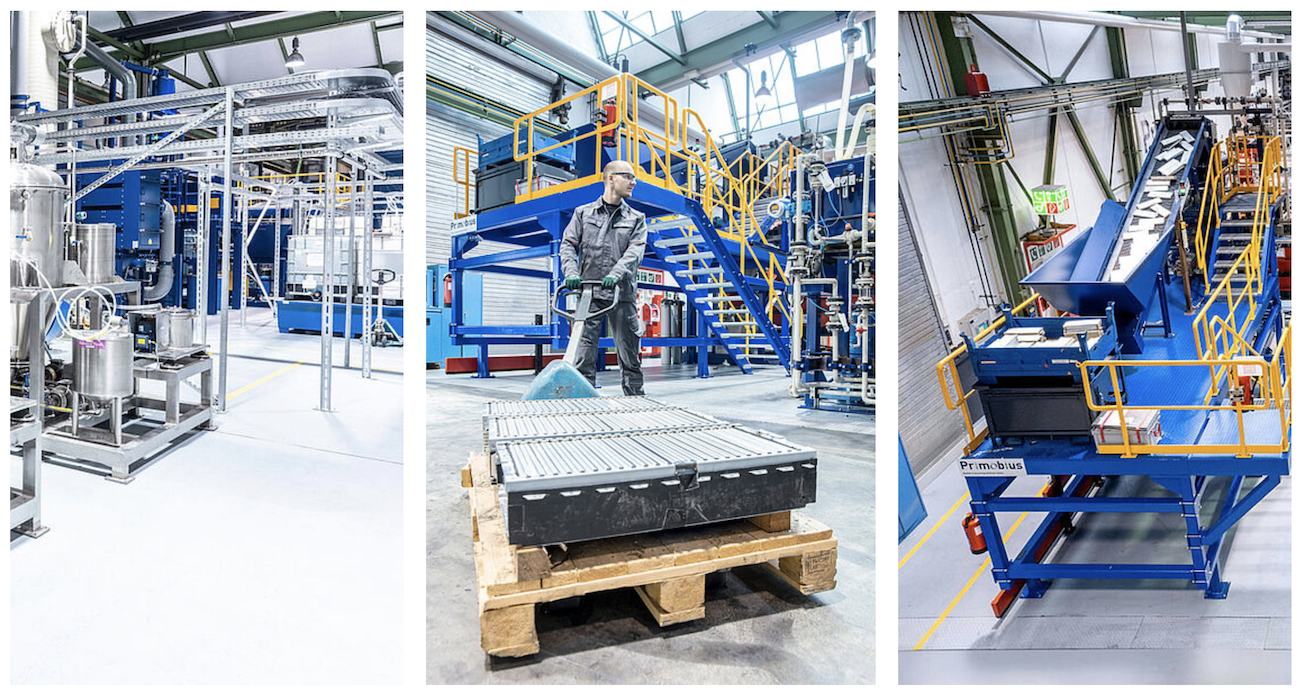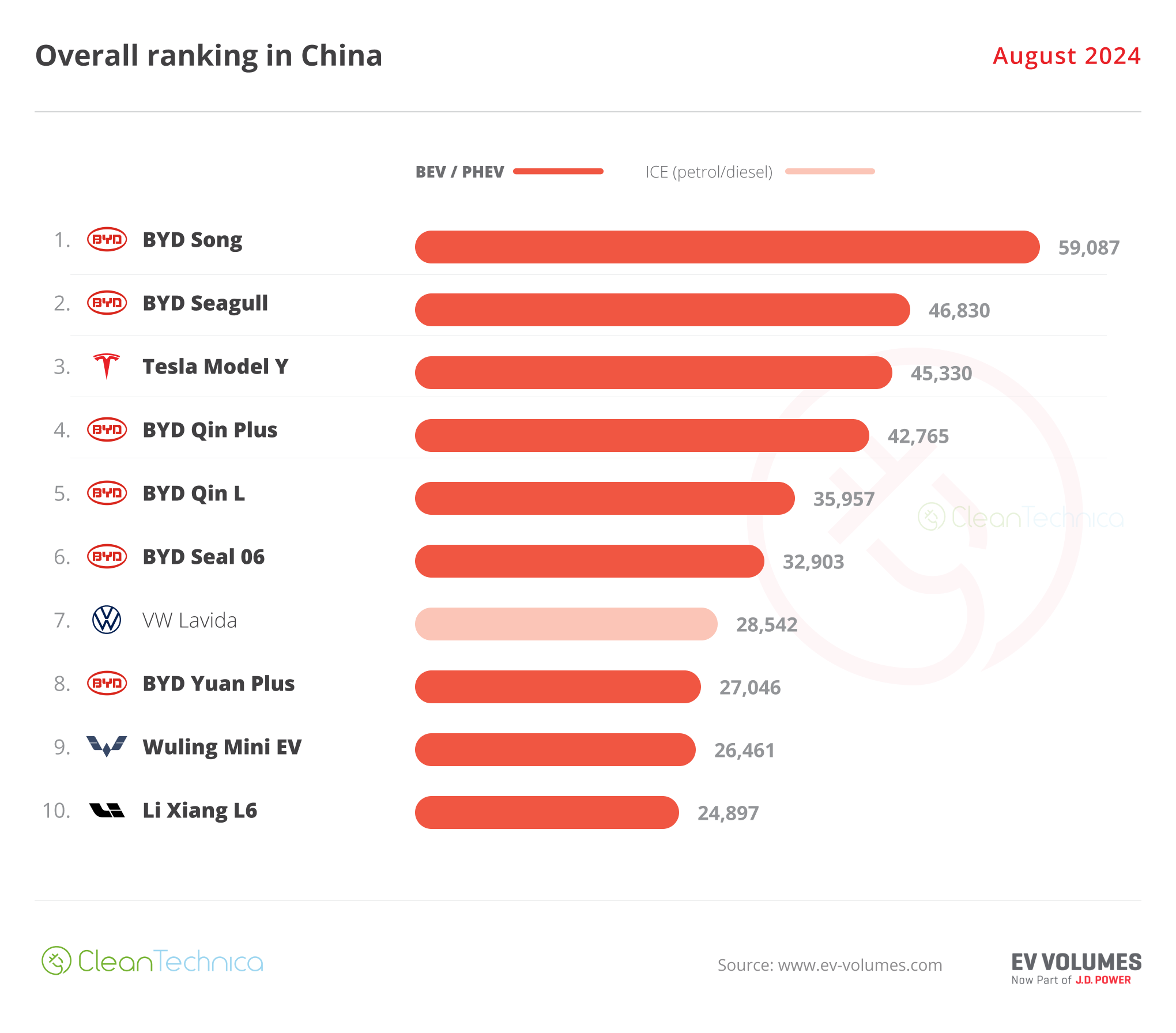
The primary goal of the Inflation Reduction Act is to drive investment in American manufacturing. To that end, the law and the rules created to implement it require a certain percentage of the materials and components used to make batteries for electric cars be obtained from American sources. That has made battery recycling an important new industry in the US.
At the moment, there are few places in America where the materials needed to manufacture batteries can be obtained. Until the IRA was passed a year ago, virtually all of them came from China. Even if finished batteries came from South Korea or Japan, the materials and components inside were often derived from China.
But there is a quirk in the IRA law. A battery might have been made in China using Chinese materials and components, but if it is recycled in the US, those items are now considered to be sourced domestically. That means lithium mined and processed in China will be treated as domestically sourced if it is recycled in America.
Reuters reports that it has interviewed more than a dozen industry officials and experts who say that the quirk in the IRA is responsible for jump-starting a dramatic increase in battery recycling factories in America. It also encourages car companies to find more ways to use recycled materials in the batteries for new cars and trucks.
Currently, China handles almost all EV battery recycling in a global market predicted to grow from $11 billion in 2022 to $18 billion by 2028. Recyclers in Europe are already taking old lithium-ion batteries and reducing them to what is known in the industry as “black mass,” the stuff left over after a battery cell is taken apart. But then that black mass is shipped to China, where the individual materials that make up a battery cell are separated out and reprocessed.
The push now in the US is to do more than simply shred old batteries to produce black mass. The next step — purifying its essential elements — is what needs to happen domestically in order to produce new batteries that qualify as US-made so that the cars that use them are eligible for federal EV tax credits. Thomas Becker, the head of sustainability at BMW, told Reuters the minerals in those batteries — primarily lithium, cobalt, and nickel — are worth from 1,000 to 2,000 euros per car.
The materials inside a lithium-ion battery “can be recycled infinity times and not lose their power,” said Louie Diaz, vice president at Canadian battery recycling firm Li-Cycle, which received a $375 million loan from the US government recently for a recycling factory in New York that is scheduled to open later this year. That funding helped bring forward the investment decision for the plant, Diaz said. Li-Cycle uses a hub-and-spoke system. It turns old batteries into black mass at several locations, then ships it to a central reprocessing hub where the purified materials are produced.

JB Straubel, the founder of Redwood Materials and a cofounder and formerly longtime CTO of Tesla, said the IRA treats recycled battery materials as locally “urban mined,” or materials recovered from scrap rather than obtained from mining. His company received a $2 billion government loan in February to build out a battery material recycling and re-manufacturing complex in Nevada.
The European Union is also encouraging battery recycling by requiring that new batteries use a certain percentage of recycled materials. It also wants recycling to take place within the EU instead of being shipped to China for further processing.
Battery Recycling And The IRA

Image courtesy of Primobius.
Last month, China announced more stringent standards and increased research support for recyclers. It has described the Inflation Reduction Act as being “anti-globalization” and accused the US of “unilateral bullying.” It is correct. The COVID-19 pandemic shocked the business world by demonstrating how tenuous business relationships that span the globe can be. That in turn convinced many to prioritize domestic production and consumption, which is the very antithesis of globalization. As for bullying, it is by definition one sided.
The Battery Recycling Race
There are at least 80 companies around the world that are involved in EV battery recycling. In the past 6 years, more than 50 startup companies have jumped into the battery recycling space and have attracted $2.7 billion in investment from automakers, battery manufacturers, and mining companies like Glencore, according to data from PitchBook.com reviewed by Reuters.
11.3 GWh of batteries reached end of life in 2022. That could increase to 138 GWh by 2030, according to Circular Energy Storage. That would be enough new batteries from recycled materials to power about 1.5 million electric cars. JB Straubel has said that his company expects to recover up to 95% of the materials in old batteries for use in new batteries.
To control the batteries in the cars they manufacture, many automakers are relying on leasing so that their cars are returned to them. That way, they get to decide how the batteries in those cars are treated when they reach the end of their useful life.
For the US, the upshot at this early stage of the industry is that a little known feature of the IRA is creating a flood of interest in battery recycling in America and creating more jobs in a circular economy for Americans.
I don’t like paywalls. You don’t like paywalls. Who likes paywalls? Here at CleanTechnica, we implemented a limited paywall for a while, but it always felt wrong — and it was always tough to decide what we should put behind there. In theory, your most exclusive and best content goes behind a paywall. But then fewer people read it! We just don’t like paywalls, and so we’ve decided to ditch ours. Unfortunately, the media business is still a tough, cut-throat business with tiny margins. It’s a never-ending Olympic challenge to stay above water or even perhaps — gasp — grow. So …
Sign up for daily news updates from CleanTechnica on email. Or follow us on Google News!
Have a tip for CleanTechnica, want to advertise, or want to suggest a guest for our CleanTech Talk podcast? Contact us here.
Former Tesla Battery Expert Leading Lyten Into New Lithium-Sulfur Battery Era:
CleanTechnica uses affiliate links. See our policy here.




